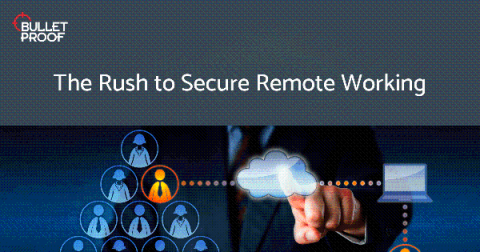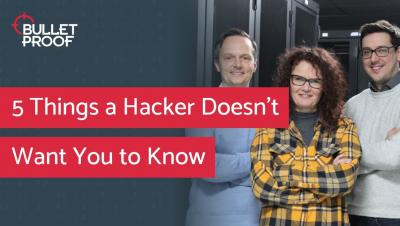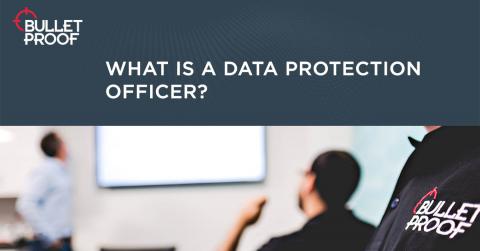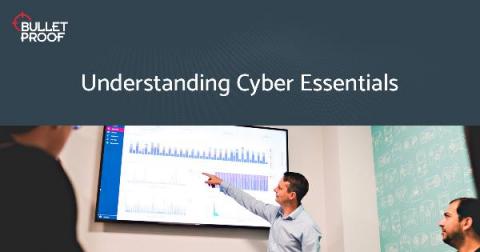Security | Threat Detection | Cyberattacks | DevSecOps | Compliance
Bulletproof
Why cyber security is even more important because of covid-19
Covid-19 is causing myriad challenges for businesses, with remote working, diverted priorities and a general scramble to maintain business-as-usual operations. This is unprecedented in UK industry, and presents a range of challenges and opportunities. In particular, hackers now have more time on their nefarious hands and a whole host of new targets in front of them, in the form of a large number of working-from-home employees.
The Rush to Secure Remote Working
Many organisations are acting to prevent the spread of Coronavirus by allowing their employees to work from home. In order to be able to do so comfortably, and without introducing a component of risk, businesses should follow certain best practices that can guarantee their digital assets are just as secure with a remote workforce as they would be in-house. Unfortunately, cybercriminals have already started to take advantage of this pandemic.
5 Things a Hacker Doesn't Want You to Know
Women in Cyber - An Open Letter
The past sixteen years have witnessed a staggering growth in the cybersecurity industry. With a global market worth of $3.5 billion in 2004, this figure mushroomed to $120 billion in 2017. It is now predicted to surpass $1 trillion by 2021. Alongside this growth is the upsurge of demand for cybersecurity talent, of which there is a severe shortage with an expected 3.5 million unfilled positions in a year’s time.
24/7 threat protection - running a Security Operations Centre
A modern dynamic business needs to be proactive about their cyber security. A data breach can be costly, with latest estimates said to be (on average) £3.18 million, and reputational damage can be even harder to recover from. Hackers can strike at anytime from anywhere in the world, which means businesses have to be on guard 24/7. This is where the Security Operations Centre (SOC) comes in.
15 must-know cyber security stats to inform your 2020 security strategy
Throughout the year, we have conducted hundreds of penetration tests. 20% of all tests contained a critical to high flaw. We define a critical issue as a flaw which poses an immediate and direct risk to a business. Having a critical flaw in an app or network will leave you vulnerable to a costly, reputation damaging data breach. Among these, default or poor passwords, as well as access control issues make up a large portion with outdated software being the worst offender.
Bulletproof goes to space
The nights are drawing in and the world outside has been painted with autumnal colours once again. The year is ending and, as such, it is a time for reflection before the inevitable glance towards the white light of the future breaking upon the horizon. Flowery prose aside, we've just had our latest Quarterly Business Update (QBU). We’ve had a pretty good year. We’ve grown, innovated, added to our services and taken on more clients than ever.
Data Protection Officer (DPO)
A Data Protection Officer (DPO) is a role that oversees a company’s processing of personal data of staff, customers or any other data subjects to ensure it is done in accordance with the relevant data protection laws. A DPO effectively acts as a bridge between your company and data subjects as well as the ICO (or relevant regulatory authority).
Understanding Cyber Essentials
Cyber Essentials and Cyber Essentials Plus are Government-backed schemes which highlight key technical controls that need to be in place in order to defend against the most common cyber threats. By becoming Cyber Essentials certified your organisation can display the logo on your website and marketing materials, improving trust with your customers. Many Government contracts will only consider applications from Cyber Essentials certified companies.











